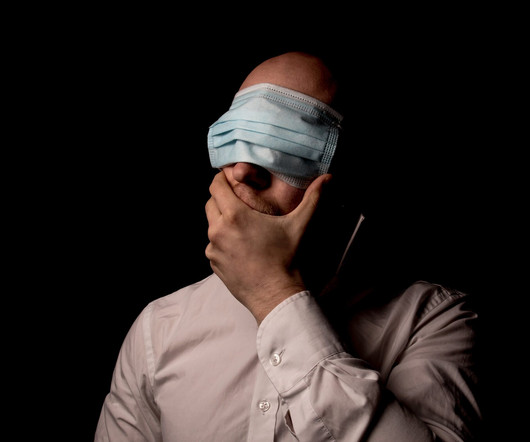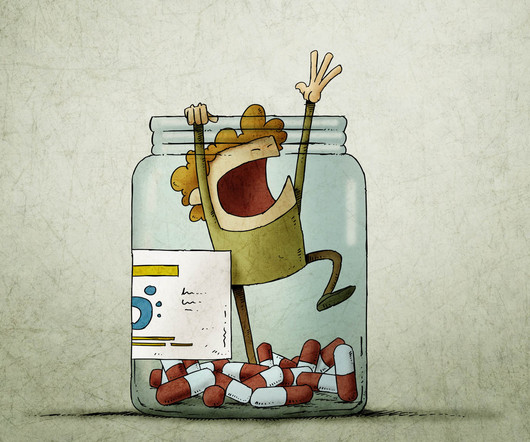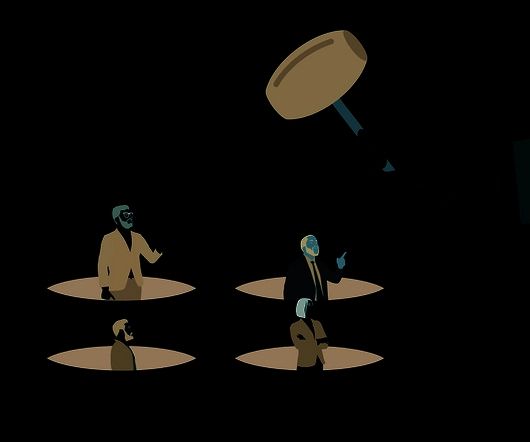Summing up the STAR*D Scandal: The Public was Betrayed, Millions were Harmed, and the Mainstream Media Failed Us All
Mad in America
JANUARY 4, 2025
All of the ingredients for a blockbuster article were now clearly visible, including an acknowledgement from inside psychiatry that this story was of profound importance for all of our society. Yet, the media has remained silent, and now the scandal is fading away.













Let's personalize your content